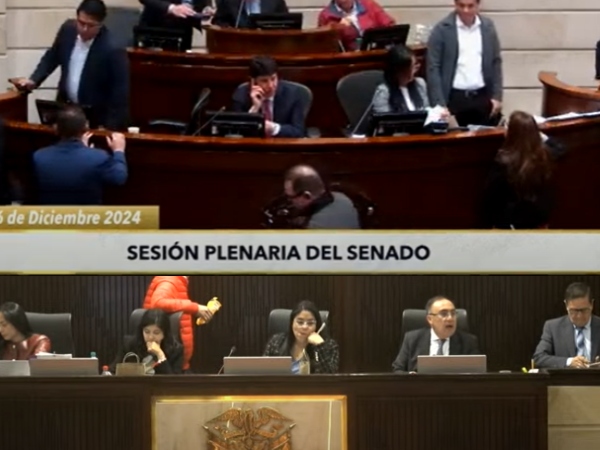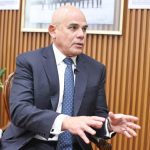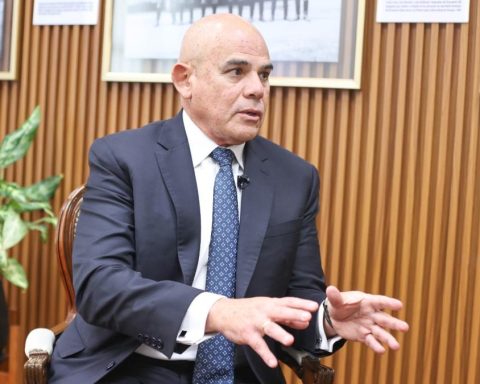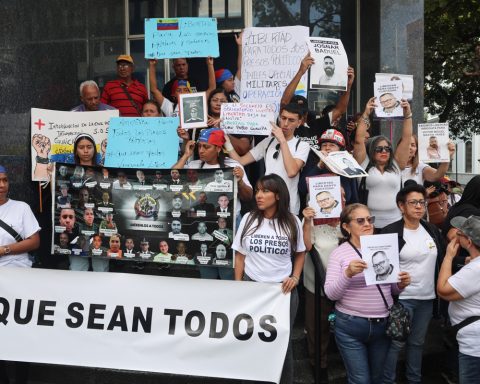This Monday’s session represented the last opportunity for the legislative project to continue its process in Congress after the parliamentary recess: it had to pass four debates before December 16
News Colombia.
On the last day of ordinary sessions of Congress, Gustavo Petro’s government faced a new setback with the failure of political reform in the Senate. Several senators were absent, which prevented the project from moving forward.
This proposal, which had to pass its first debate before Monday, proposed measures such as zippered lists, public financing of campaigns and adjustments in the election of the judges of the National Electoral Council (CNE). With this blow, the government sees one of its main legislative projects frustrated.
Also read:
A couple of hours ago, the Senate of the Republic dealt another severe setback to Gustavo Petro’s government by concluding the ordinary sessions of the legislative period and, with it, sinking the political reform, one of the most important projects of the current National Government. The plenary session was left without the necessary quorum, which caused the project to be automatically rejected.
As it is a legislative initiative, this project had to pass its fourth debate before December 16, the date on which the ordinary sessions ended.
Initially, Juan Fernando Cristo, the Minister of the Interior, expressed his discontent with the result of the legislative initiative. “The Senate board placed political reform in eighth place and it was not possible to debate it.
This reform is crucial for the country, and I wanted to propose that it be approved so that, in 2025, we could organize technical tables with experts and parties to seek consensus for the second round,” Cristo said. Minutes later, in statements to the national media, the head of the portfolio maintained that political reform is fundamental, in addition to sending a criticism to the Senate board of directors.
“Seven hours of the plenary session passed, it was not even possible to discuss it, it seems to me that this is a practice that must be reviewed by the Senate board of directors, which does not even allow the debate to begin,” he expressed.
Likewise, Juan Fernando Cristo pointed out that “he was going to participate in the debate to suggest to all the parties that we give the reform a chance, that it go to the second round and that in January we convene with experts a technical table with all the parties to seek consensus.”
The Minister of the Interior reiterated that the country needs a change in the political system, since the current model is “unsustainable” and, according to him, if a significant transformation is not achieved, corruption scandals will continue, regardless of who is in office. can.
The Minister of the Interior, Juan Fernando Cristo, responsible for the process from the Executive, held the board of directors responsible for the result and stated that in the next semester they will present the initiative again.
They killed political reform by suffocation. The country demanded that Congress debate it. We do not resign ourselves to an unviable political system, without legitimacy or credibility. We will insist and persist: it is urgent to change the political system to prevent the… pic.twitter.com/4YxFxrusDZ
— Juan Fernando Cristo (@CristoBustos) December 17, 2024
Given the inclusion of transfuguism in the text approved by @FirstSenate and the possible reception of the text of @CamaraColombia —replicating the formula of the #PensionReform—, the bench of @PCambioRadical decided to leave the Plenary, where it is evident that the National Government…
— Carlos Fernando Motoa (@senadormotoa) December 16, 2024















